The BBC receives more abusive messages about Marianna Spring than anyone else. But the disinformation correspondent remains hopeful about people – and the world we live in
Tagged with radicalisation
How did one single social media post, taken down within hours for being false, still end up being viewed millions of times and presented as credible evidence about the Southport attack?
This demonstrates how important it is to teach adults basic digital literacy skills.
A deluge of misinformation online about back-to-back hurricanes in the US has been fuelled by a social media universe that rewards engagement over truth.
"Vote Reform UK", "Only Reform UK has a real plan for Britain" - an account on X has posted these and similar messages every couple of hours since the start of the election campaign.
The account, GenZBloomer, is one of dozens across X, Instagram, Facebook and TikTok which the BBC has identified as posting hundreds of repeated messages in comment threads expressing support for Reform UK.
For 14 hours over the weekend, Sydney university student Ben Cohen was one of the most reviled men on the internet after he was falsely accused of being the knifeman who went on a stabbing rampage in a Sydney shopping centre, killing six people.
The ABC has pieced together how anti-semitic and pro-Kremlin accounts turned Mr Cohen into an internet villain.
London Mayor Sadiq Khan says deepfake audio of him supposedly making inflammatory remarks before Armistice Day almost caused "serious disorder"
The man who first posted the clip, tracked down by the BBC, told us: "It's what we all know Sadiq thinks."
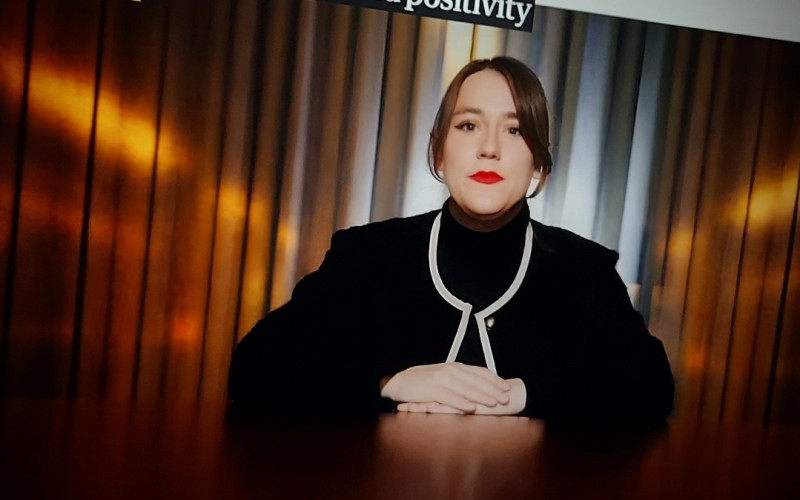
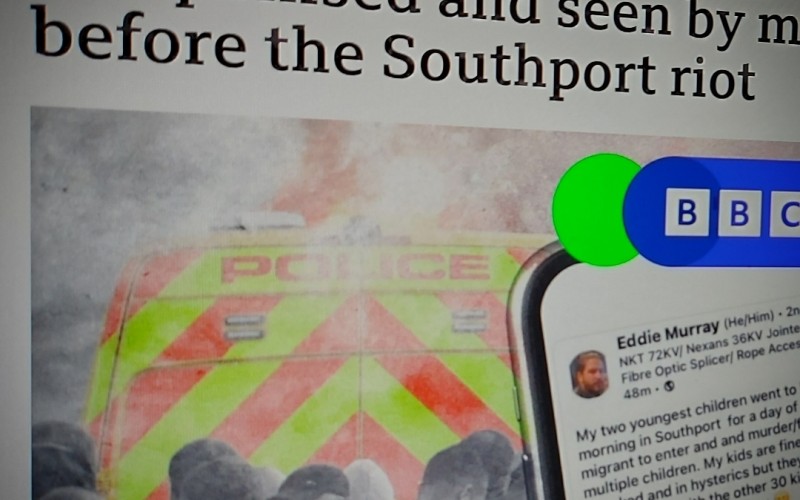
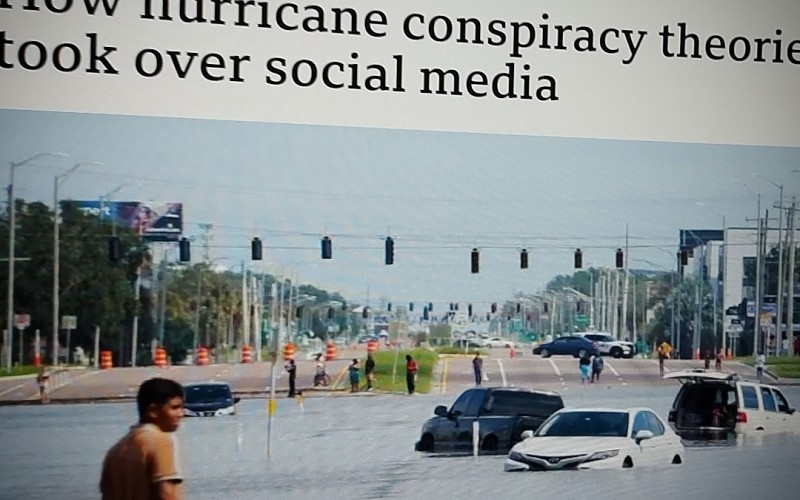
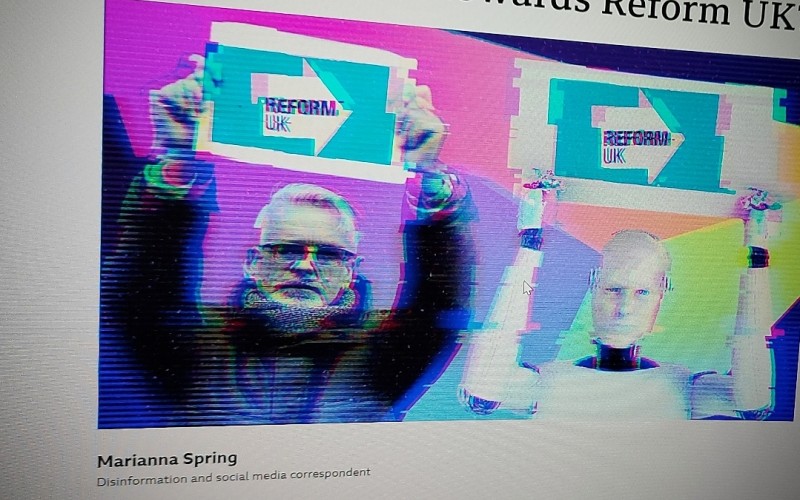
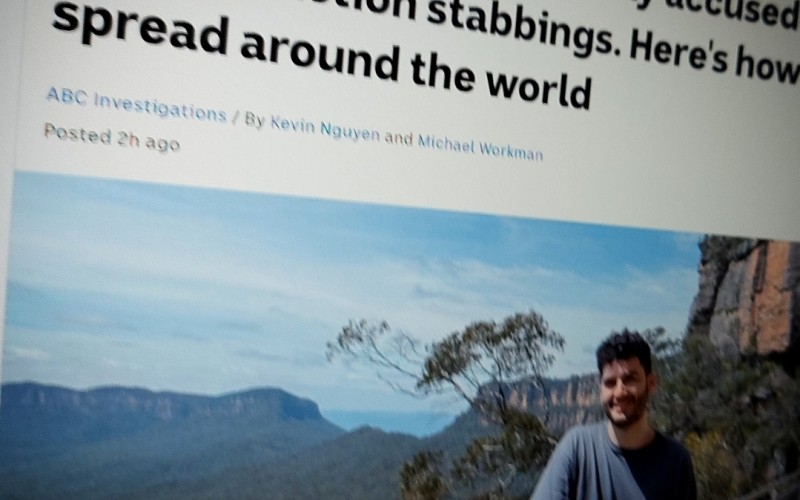
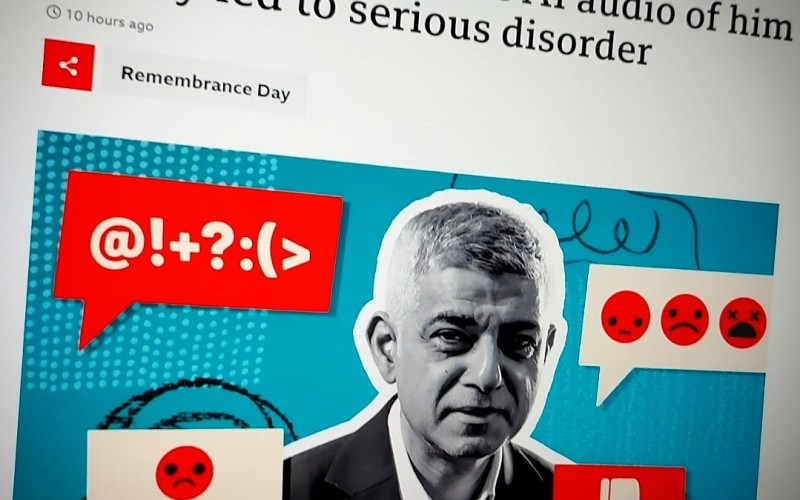
Comments
make a comment